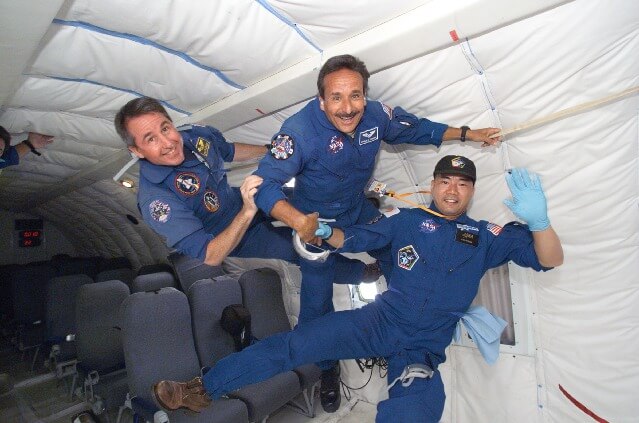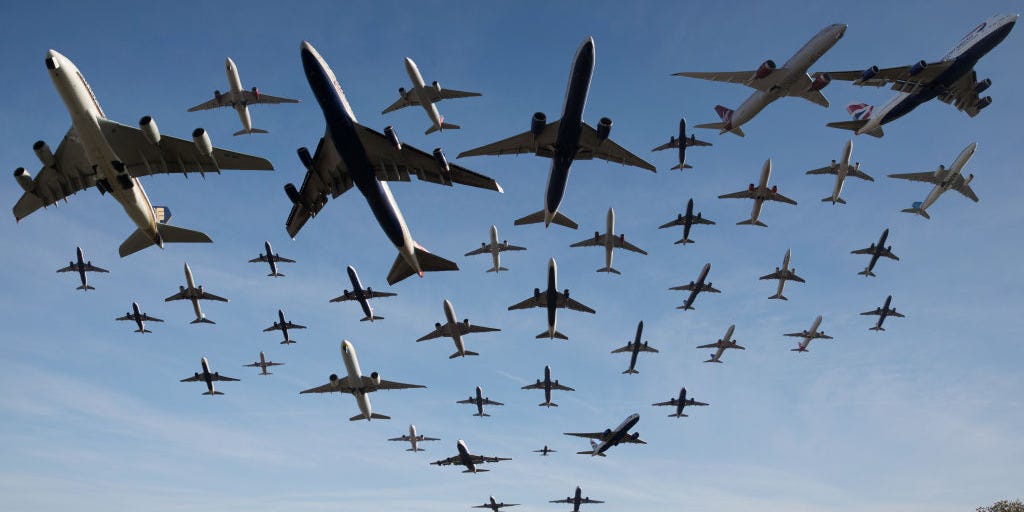Self-isolation due to the COVID-19 pandemic has put you behind the walls of your home, keeping you far away from the outside world. Isn’t the situation somewhat similar for astronauts in space?
Being in the space shuttle for weeks and months, every single day they deal with the same faces that are on board. Their experiences match with the reality you are facing today.
Here we have 7 astronauts giving some of the best techniques to tackle your day to day challenges in these rough times.
#1. Use humour and empathy

Charlie Camarda, PhD – Research engineer says:
The crew, before any launch, goes through intense training for anywhere from six months to a year and a half. The training includes expedition training, where the astronauts are put in extreme conditions to better understand behaviour during long-duration missions. This way they get to know each other really well.
Similarly, you’re in your home with your family members and there are times when situations can get stressful. You’ll be surprised to see how quickly humour can lighten everybody’s mood. You need to be aware of the feelings of people around and have the empathy to support whoever is feeling low so that they realize that they are not alone in this.
#2. Learn to multi-task
For astronauts, their mission is the sole vision. They are ultra-focused and there is no way that they can get distracted. Team resilience is key to any mission and cross-training to build in redundancy is imperative given the fact that the size of crews will remain limited for the near future. They are dedicated to their mission and work tirelessly to be the best at what they do.
You have a lot on your plate, trying to balance home and work under extreme conditions. You need to train yourself and the people you’re living with to multi-task and at the same time taking care of physical and mental health.
#3. Mark your space for specific activities

Micael Lopez-Alegria – Pilot says:
It is essential to separate personal and work space and crew quarters are where the astronauts sleep and put their personal effects. Try not to go back to your personal space except when you need to relax or sleep.
At home, draw lines where you’d only work and mark the area which is specifically for your personal activities.
#4. Routine is key
Following a particular routine prepares your body for the next job. Wake up, take a shower, get dressed, and then dive into your work schedule. This is a physiological signal to your body that you are pivoting to do work. The difficulty level rises for those with young children at home but try to stick to the routine.
#5. Control the distractions

Mae Jemison, MD – Physician, engineer, social scientist and educator says:
On the space shuttle, the day goes as per the schedule by strictly following numerous structures, processes, and procedures. While social distancing, you need to specifically add structure to your day and forget that you’re actually at home to avoid any kind of distraction. Since you don’t have to travel, you have extra time in your hands which needs to be managed wisely.
#6. Make and honor the free time
Just like everybody else, astronauts in space also have downtime. When you can take your focus away from work and simply relax or listen to music. This time when there is no output or stress to get the job done is of paramount importance. It’s not easy when there are other people in the picture especially children but that just makes the downtime all the more important.
#7. Get into a ‘mission mindset’
Sandy Magnus, PhD – Engineer says:
Enter the zone where no matter what’s thrown at you, you’re determined to remove the obstacles and move forward with the mission. It will bring you face to face with your strengths and weaknesses and allow you to discover yourself. This way you get to find your stress relief which deals with restlessness, anxiety and helps you to keep calm. Work on ways that help you to keep your cool. Even when you’re social distancing, you have more freedom than astronauts do in space.
#8. Separate between work and social time

When you’re on duty, you focus on your work but there has to be a gap where you find time to indulge in social activities as it helps you decompress. In space, the crew eat their meals and watch movies together.
#9. Confidence is key
Garrett Reisman, PhD – Engineer says:
The feeling of being on house arrest, fear of the virus spreading by the minute, can be a lot to take in. Even in space it can be overwhelming if you let it affect you. Allowing anxiety and fear to snatch away your confidence can result in under-performance and decrease your efficiency. Confidence is key, but not overconfidence. When fear and doubt once begins to creep in, it can turn toxic.
#10. Remember the larger purpose

To ensure that the space station is running properly, astronauts apart from doing the critical work also indulged in mundane tasks like fixing the toilet. They were contributing to a larger purpose. They were keeping the space station alive, contributing to space exploration.
All you need to know is by staying at home, even when you’re bored to the core, you are doing your bit to save lives of other people and your own. This is what the bigger picture is telling you.
All these astronauts have different experiences but you can see the similarities that bind them together. If each one of us has each other’s back then we are moving in the right direction and working for the greater good. These little things help one to survive even the darkest of times.
Featured Image Courtesy: Dreamstime

